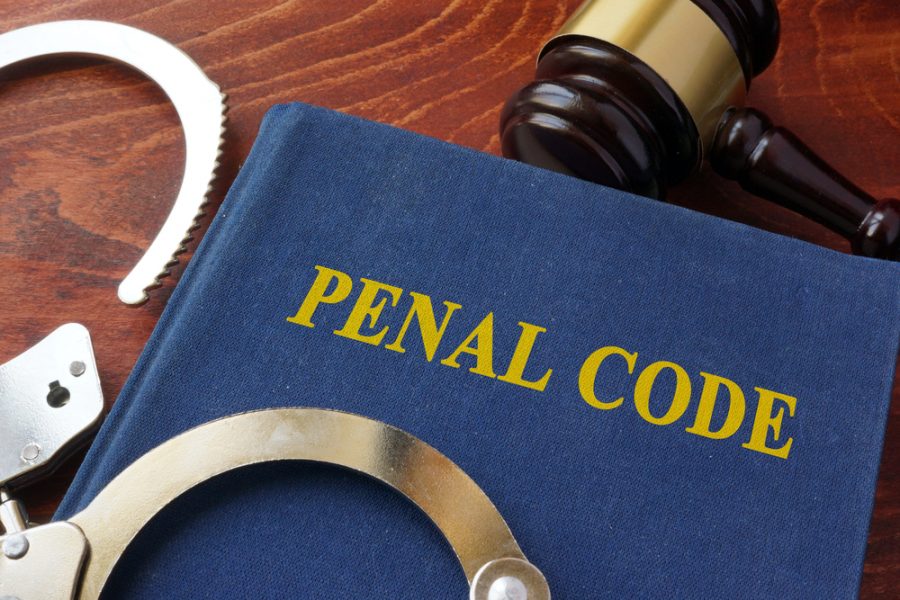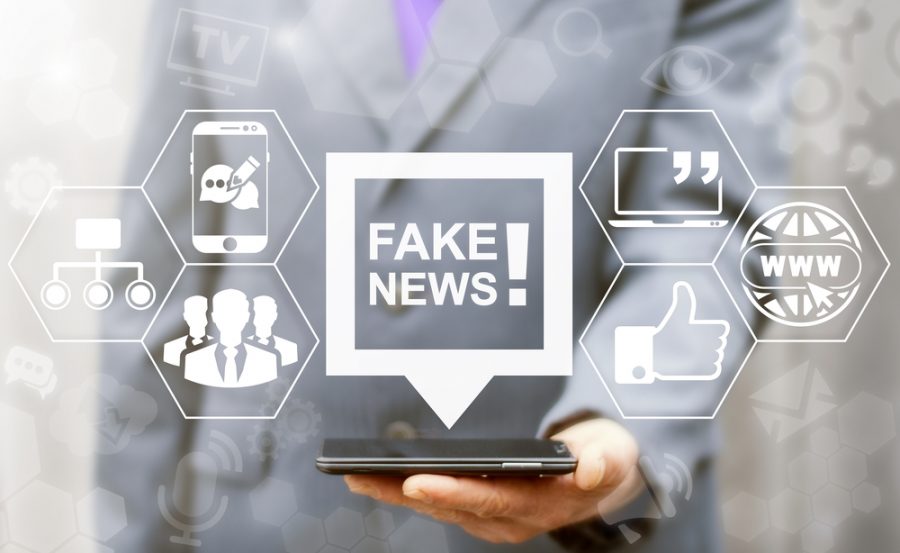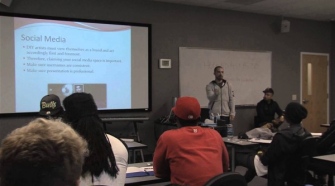Fake news is an indication of more profound underlying issues in our social orders and media conditions. To counter it, policymakers need to consider the hidden, self-building up instruments that make this old wonder so inescapable today.
Exclusively by making a stride back, would we analyze the weaknesses these phony news stories abuse. This article gives the first scientific classification against fake news draws near.
It contends that proposed hostile to counterfeit news laws center around the trees instead of the timberland. In that capacity, they won’t just stay superfluous yet, besides, irritate the underlying drivers fueling the fake news marvel.
Ways to counter and tackle fake news:
1) Let the Fake News goes out of the limelight with the Real Story
There is certainly a significant, odd methodology that remains generally ignored in the current public debate. You include that story with related articles instead of murdering the story to give the peruser more setting and elective perspectives. The social stage that promotes the disputed news alters the atmosphere in which the news is launched and transferred through.
On an intentional premise, Facebook is seeking the “overwhelming” approach. Nevertheless, it can be very well governed by law across virtually all informal cultures. While this approach still leaves open the deeper issue of algorithmic accountability, it seems to be a rational technique worth pursuing in different ways. It comes down to an experimental investigation into whether openness to elective openness.
This feature’s creation highlights the potential of a stage such as Facebook to genuinely draw in with a topic as prickly as fake news. It also proposes its availability to save, at any rate for some time, and over the top action plan based on expanding customers’ dedication and adapting their data.
An essential reference point will be set by the application of such a technique across interpersonal organizations. It could help close the hole between what is best for consumers and the predominant action plan for release.
2) Misusing the Freedom of Speech
We should maybe take notice at the beginning that there is no single detailed law in India dealing with fake news. There is a legitimate inquiry to be asked about whether it is in itself worth rebuffing to distribute anything false.

3) Imposing Penalties to entities that engage with Fake News on Social Media
State agreement includes forcing penalties on substances that have “unlawful material” in the production of importance and the same course of meaning. The German Network Compliance Act, which came into force on 1 October 2017 and has been viable since January 2018, is a real example of this.
Web-based media organizations have 24 hours under this any fake information to remove “clear” For instance, any hate discussion and defamation, 24 hours to delete “clearly unlawful” content. They face severe fines for bombing it.
Also, online media networks, such as Facebook, Twitter, and YouTube, are required to submit public reports specifying the number of posts and the number of notices that have been received. Again, failure to do so may prompt an underlying fine of EUR 5 million, to 50 million just in case.
As evidence shows, it is separating a piece of information as false and giving it more widespread attention in this manner provides the news piece a boost and extends the range even further. Online misinformation is a mind-boggling marvel that can’t seem to overpower controllers yet. It is also too early to provide recommendations that could be feasible. There is something that should be possible, no matter what!
4) Section 153-A of IPC
For any hate speech or fake news, Section 153A of the Indian Penal Code (IPC), “disharmony or feelings of hatred, disdain, or hostility among various strict, ethnic, language or local meetings or stations or networks,” is an offense to raise or try to advance.

Any ‘fake news’ that seeks to spread such contempt, something that we see quite frequently in India all around, would be as of can get under this section only.
5) State Intervention
Without someone else, public specialists are necessary to police the media environment. Nonetheless, to the degree that it requires creating “Services of Fact,” where this way of approach has been censored.
This is the case of the Global Engagement Hub, as of late. The worry is that the rules seem, by all accounts, to be ambiguous and emotional, and the survey abuses fair treatment according to enrolled wellsprings of data.
6) Penalties on Press Associations
Indeed, even the prescribed discipline in the shortcut of new rules was not necessarily unique. Rule 6.8 of the 1999 Central News Media Accreditation Guidelines states that “If it is found to have been violated,” accreditation can be revoked or suspended.

There is no sense of “violence,” which has its benefits as it provides the press bodies, PCI, and the National Broadcasters Association (NBA), with sufficient caution to take autonomous news coverage into account.
Some Statutory bodies to counter and tackle fake news will be,
- PRESS COUNCIL OF INDIA
- INDIAN PENAL CODE
7) IPC ways to Deal with Fake News
Under the Indian Penal Code, a better device is required for the victims of false news. To make arrangements for fake news, IPC Sections 153 and 295 can be summoned. Seen from the crystal of Sections 153 and 295, if it can be very well called illegitimate discourse, the activity can be started against anyone making or bringing out false terms.
“In such situations, an FIR could be held up under Section 153 for “willingly inciting a plot to cause rebellion” and under Section 295 for “harming or contaminating a spot of love to oppose the religion of any class.
8) Figure out Some New Approach
The only thing with the changed rules is that the suspension of accreditation merely the establishment of an objection, without any evaluation of the grievance or inquiry into the matter. That disregards the norms of common equity because before she was even able to defend herself, the person griped against would be rejected.
Conclusion:
India has a problem with false news. This does not come as a surprising statement to someone with exposure to the internet, a TV association, membership in a paper, or the tragedy of being at a WhatsApp gathering with a family. The Indian government has therefore decided to take new steps to combat this type of news in India.
This was certainly not a surprise, as people from the government did not avoid getting out of the phone. Since people from the government have not stopped anything from bringing forward misleading terms or fake news.
The way tech organizations, such as Facebook and Google, have appropriated and hoarded the internet marketing market contributes to the issue. This has contributed to a pay-more only as expenses occur action plan, in which promoters may be paid when a page is accessed or tapped on. This means that online media companies have little opportunity to assume the role of judges.













